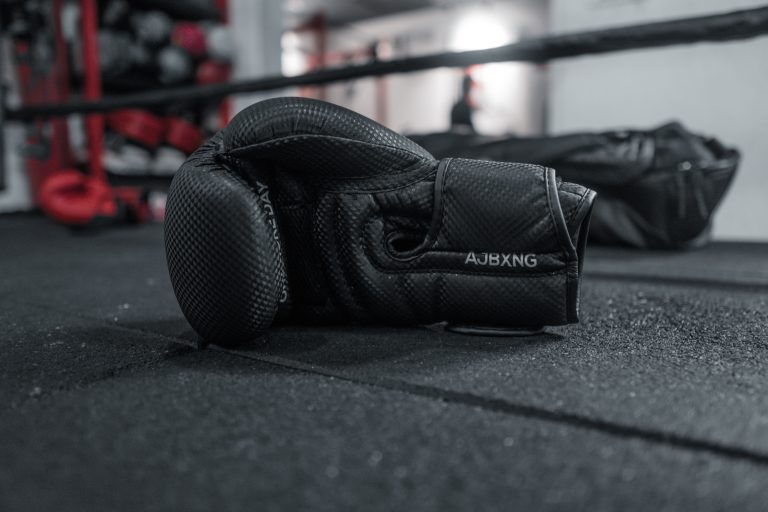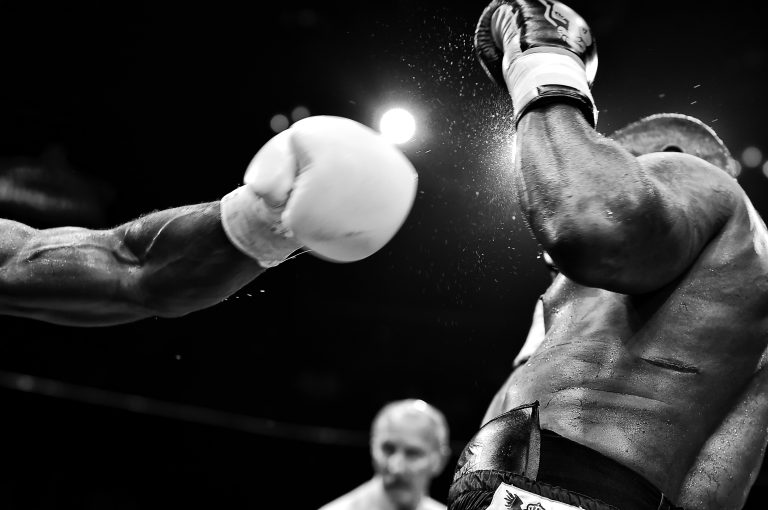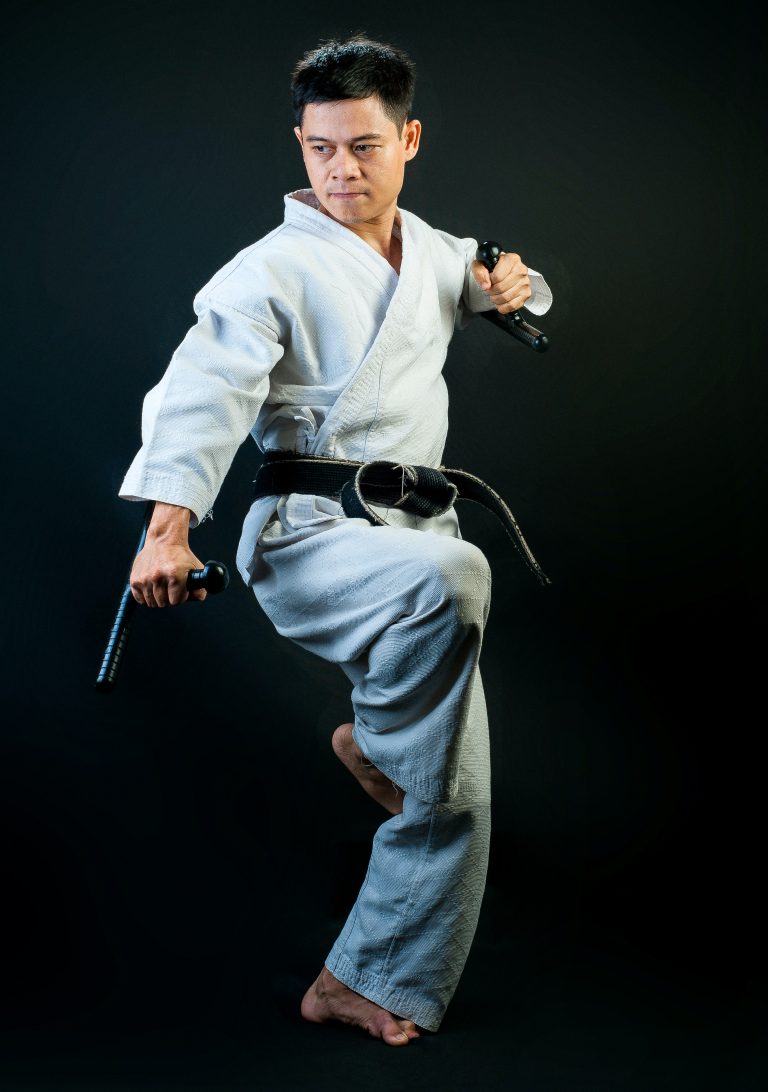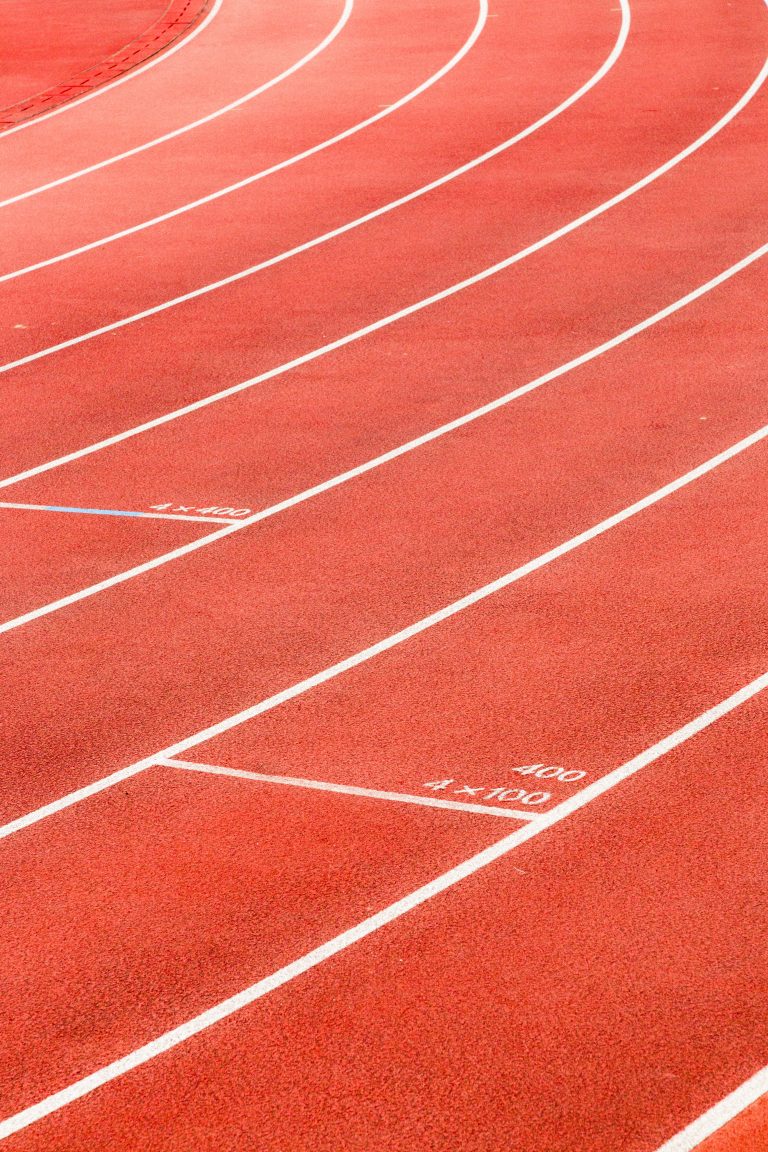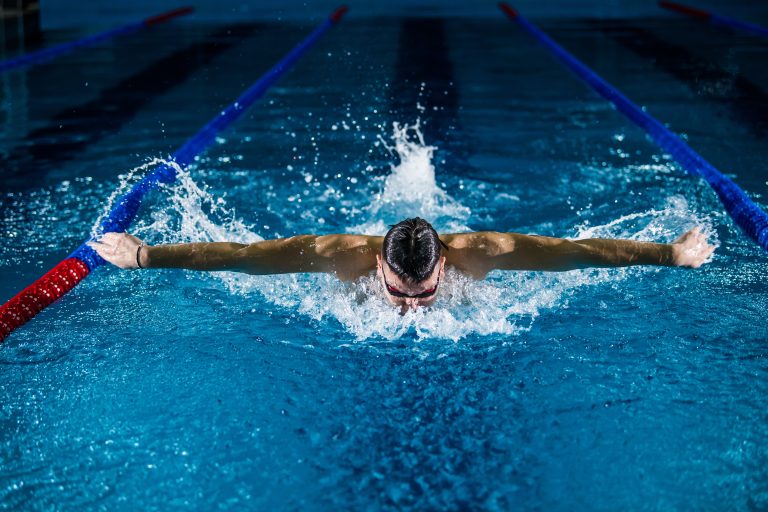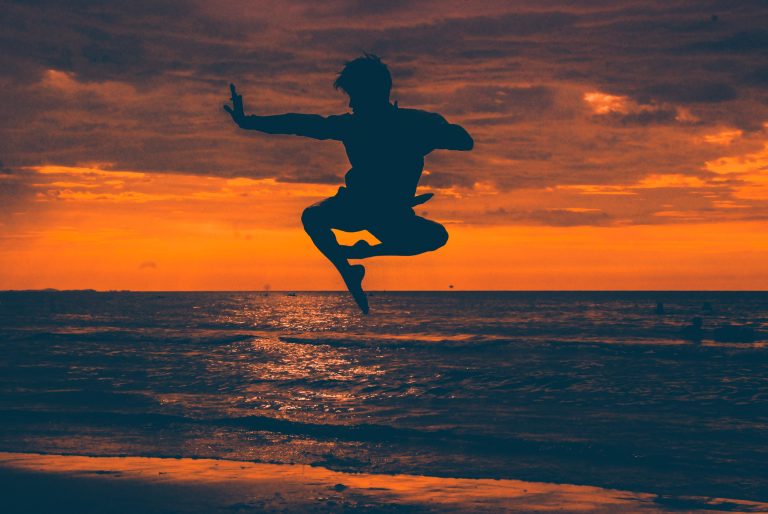Karate and Its Many Advantages
Karate is a martial art that originated from Japan and has now become a popular sport all around the world. It involves a series of techniques that focus on self-defense, both physical and mental. Karate incorporates various forms of blocks, strikes, and kicks, as well as throws and joint locks. There are numerous benefits to practicing karate, and in this blog post, we’ll explore some of the advantages of this ancient art form.
Physical Fitness
Karate is an excellent way to improve your overall physical fitness. Through regular practice, you can develop your strength, coordination, flexibility, and balance. Karate requires full-body movement, which means that all major muscle groups are used during training. Additionally, karate involves high intensity and repetitive movements, which can increase cardiovascular endurance.
Self-Defense
One of the primary benefits of practicing karate is learning how to defend yourself. Karate emphasizes the use of proper techniques to block, kick, and strike, allowing you to protect yourself in potentially dangerous situations. Moreover, as you progress through karate training, you’ll also learn how to avoid dangerous situations altogether by improving your situational awareness and conflict resolution skills.
Mental Discipline
Karate requires mental discipline and focus. It teaches practitioners to control their emotions, develop self-awareness, and concentrate on the task at hand. Regular practice can help increase mental clarity, reduce stress levels, and improve mood, leading to a more balanced and positive state of mind.
Life Skills
Karate is not just a physical practice; it can also provide valuable life skills. Students learn important values such as respect, perseverance, and self-control, which can be applicable outside of the dojo. Furthermore, karate can help build confidence and enhance social skills, as students work closely with instructors and peers in group settings.
Conclusion
Karate is a fascinating and enriching martial art that offers numerous benefits to practitioners. From physical fitness to mental discipline and life skills, the advantages of practicing karate extend far beyond the dojo. Whether you’re looking to learn self-defense, improve your overall health, or develop new life skills, karate may be just what you need. Give it a try, and discover the many advantages of this ancient art form.
Karate and Its Many Advantages: Frequently Asked Questions
Karate is a traditional martial arts form that originated in Japan. It is an ancient practice that involves a combination of physical and mental exercises to develop a strong mind and body. Karate has gained immense popularity worldwide for its numerous advantages. In this post, we will discuss the most frequently asked questions regarding Karate and its many benefits.
1. What is Karate?
Karate is a Japanese martial art that was developed in the Ryukyu Kingdom, located in today’s Okinawa Prefecture in Japan. It is a form of unarmed combat that requires the use of hands and feet to strike and block the opponent. Karate practitioners also use throws, joint locks, and other techniques to take down their opponent.
2. What are the advantages of learning Karate?
Karate has numerous advantages, both physical and mental, that can positively impact a person’s life. Some of the benefits of learning Karate include:
Physical Advantages
- Improved cardiovascular health
- Increased strength, flexibility, and endurance
- Better balance, coordination, and agility
- Lowered risk of obesity, diabetes, and other health conditions
Mental Advantages
- Improved focus, concentration, and discipline
- Increased self-confidence, self-esteem, and self-awareness
- Reduced stress, anxiety, and depression
- Improved decision-making skills and problem-solving abilities
3. Can anyone learn Karate?
Yes, anyone can learn Karate, regardless of their age, gender, or physical ability. The beauty of Karate is that it is a martial art that can be adapted to suit the needs of each individual. Karate can be learned by children, adults, seniors, and people with disabilities.
4. What is the best age to start learning Karate?
There is no specific age at which one should start learning Karate. However, it is recommended that children start learning Karate at the age of 4-6 years. At this age, children are more receptive to learning new skills, and their bodies are more flexible, making it easier for them to perform the movements accurately.
5. How long does it take to become proficient in Karate?
The time it takes to become proficient in Karate varies from person to person. On average, it takes about 3-5 years of consistent training to become proficient in Karate. However, some people may take longer, while others may achieve proficiency sooner, depending on their natural ability, dedication, and frequency of training.
6. Is Karate dangerous?
Karate, like any other martial art, involves physical contact, which can be dangerous if not practiced with caution. However, with proper training and guidance from a qualified instructor, the risks of injury can be minimized. Karate is a controlled martial art that emphasizes safety, and the goal is not to hurt the opponent but to demonstrate skill and control.
7. Can Karate help in self-defense?
Yes, Karate can be an excellent form of self-defense. Karate emphasizes quick movements, strikes, and blocks that can be used to quickly disable an assailant. Moreover, Karate can also help improve a person’s confidence, awareness, and decision-making skills, which can help in avoiding dangerous situations in the first place.
8. How can I find a good Karate instructor?
Finding a good Karate instructor can be a challenging task, but it is essential for safe and effective practice. Here are some tips on finding a good Karate instructor:
- Look for instructors who are certified by a recognized organization
- Check the instructor’s background and experience in Karate
- Attend a few trial classes to observe the instructor’s teaching style and expertise
- Ask for recommendations from friends or family who practice Karate
Conclusion
Karate is a traditional martial art that offers numerous advantages, including improved physical and mental health, self-defense, and overall wellness. As we have seen in this post, Karate is a safe and enjoyable activity that can be practiced by anyone, regardless of age, gender, or physical ability. If you are interested in learning Karate, be sure to find a good instructor and start your journey towards a healthier, more disciplined, and focused you.
Inhaltsverzeichnis

